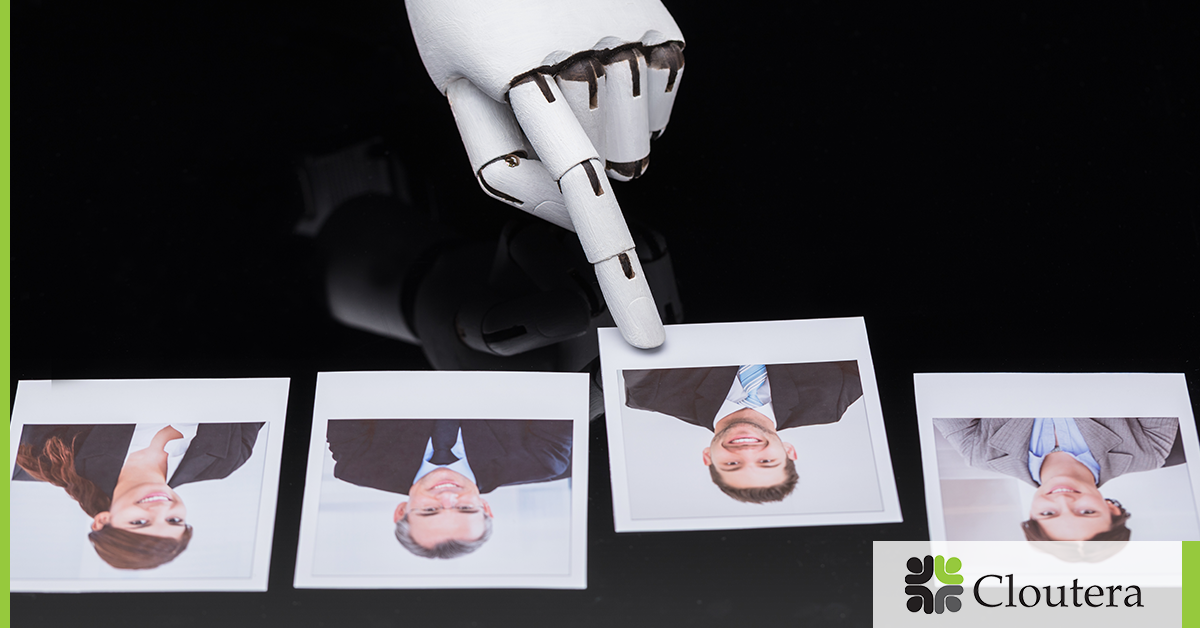
Artificial intelligence (AI) isn’t the first instance of technology revolutionizing recruitment. When the applicant tracking system (ATS) was introduced, it was a major disruptor in the hiring arena, fundamentally changing how many companies approached filling vacancies.
Today, 51% of organizations have implemented AI-based solutions into their recruiting process, allowing them to automate screening, sourcing and even scheduling. As the technology matures, it’s presence will likely expand.
Additionally, candidates aren’t resistant to the use of the technology either. In fact, 56% of job seekers who previously experienced discrimination during a search think AI might be less biased than human recruiters, making them more comfortable with a company’s use of the tech.
The idea of AI in recruiting is becoming more accepted, and there are few reasons to fear this development. If you are worried that AI might not be the best choice, here’s a look at how this burgeoning technology can help your recruitment strategy.
Expedited Candidate Sourcing
Sourcing candidates and building a talent pipeline can be daunting tasks. However, by introducing AI, the process can be expedited, allowing potential matches to be identified with greater ease and in significantly less time.
For example, some AI solutions can analyze millions of social media profiles in mere minutes to find possible candidates. In some cases, it can even send a preliminary message to the matches, initiating contact and determining the level of interest or engagement. Then, it can alert recruiters to its discoveries, allowing them to follow up.
AI systems can also be designed to promote candidate rediscovery. Applicants that applied to other roles can quickly be reviewed to determine if they may be a solid match, allowing employers to make the most of their existing talent databases. The same approach can be added to an employee referral system, ensuring these proposed matches aren’t overlooked.
Faster Candidate Matching
When it comes to recruitment, 52% of hiring managers state that finding the right candidate in a sea of applicants is often the biggest challenge they face. Manually reviewing resumes is incredibly tedious and time-consuming. Plus, many ATS solutions aren’t ideal for initial screening, mainly because they can only scan for predefined keywords associated with the role.
With the addition of AI, candidate matching can be faster and more effective. Robust solutions can produce higher-quality results far beyond what a simple ATS can provide, allowing recruiters to focus on those who genuinely have the most potential.
Improved Quality of Hires
AI can review a candidate’s skills, experience, and knowledge levels against the requirements for the job. In some cases, AI can even factor in details about successful employees working in those roles, allowing them to consider points that may otherwise be overlooked.
These job-matching improvements can lead to better outcomes, as new hires that are well suited for their positions are generally happier and more productive. Plus, stronger matches typically lead to lower turnover, which also boosts productivity while positively impacting the bottom line.
It is true that implementing an AI solution can be challenging. These systems require a substantial amount of data to produce amazing results, and that data has to be unbiased or it can harm the outcomes. However, by selecting a robust and proven AI recruiting system, it’s a challenge worth undertaking, as the positive impacts tend to outweigh the work involved in the implementation phases.
If you’d like to learn more about technology trends in recruiting, the team at Cloutera can help. Contact us to discuss your questions with one of our skilled staff members today and see how our AI expertise can benefit you.

